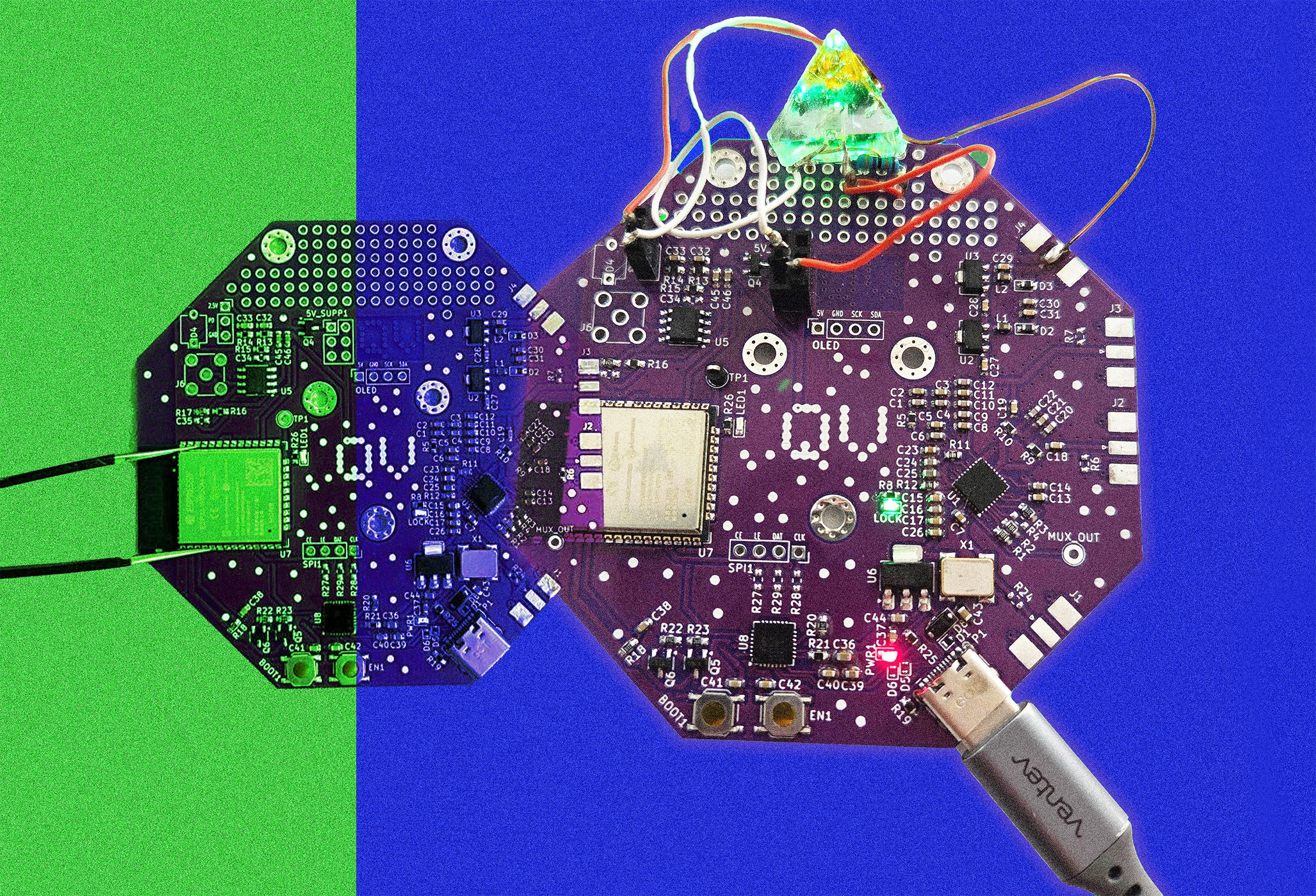The Kremlin’s Most Devious Hacking Group Is Using Russian ISPs to Plant Spyware
The Kremlin’s Most Devious Hacking Group Is Using Russian ISPs to Plant Spyware
In recent months, cybersecurity experts have unearthed evidence that a highly sophisticated hacking group with ties to the Kremlin has been using Russian internet service providers (ISPs) to plant spyware on unsuspecting users’ devices.
The group, known as APT29 or Cozy Bear, is believed to be behind a series of cyberattacks targeting government agencies, political organizations, and critical infrastructure around the world.
By exploiting vulnerabilities in popular software and using spear-phishing techniques to gain access to sensitive networks, APT29 has been able to infiltrate high-value targets with alarming ease.
What makes their latest tactics so alarming is the use of Russian ISPs to distribute their malware, making it difficult for cybersecurity experts to track and block their malicious activities.
This new development has raised concerns about the potential collusion between APT29 and the Russian government, further complicating efforts to combat their cyber espionage operations.
Despite increased efforts to bolster cybersecurity defenses, APT29’s ability to adapt and innovate has made them a formidable adversary in the digital realm.
As the geopolitical landscape continues to shift and evolve, the threat of state-sponsored cyberattacks remains a pressing concern for governments and organizations worldwide.
It is clear that APT29’s use of Russian ISPs to plant spyware represents a dangerous escalation in their tactics, underscoring the need for continued vigilance and cooperation among cybersecurity professionals.
Only time will tell how this latest development will impact the ongoing battle against cyber espionage and national security threats in the digital age.




